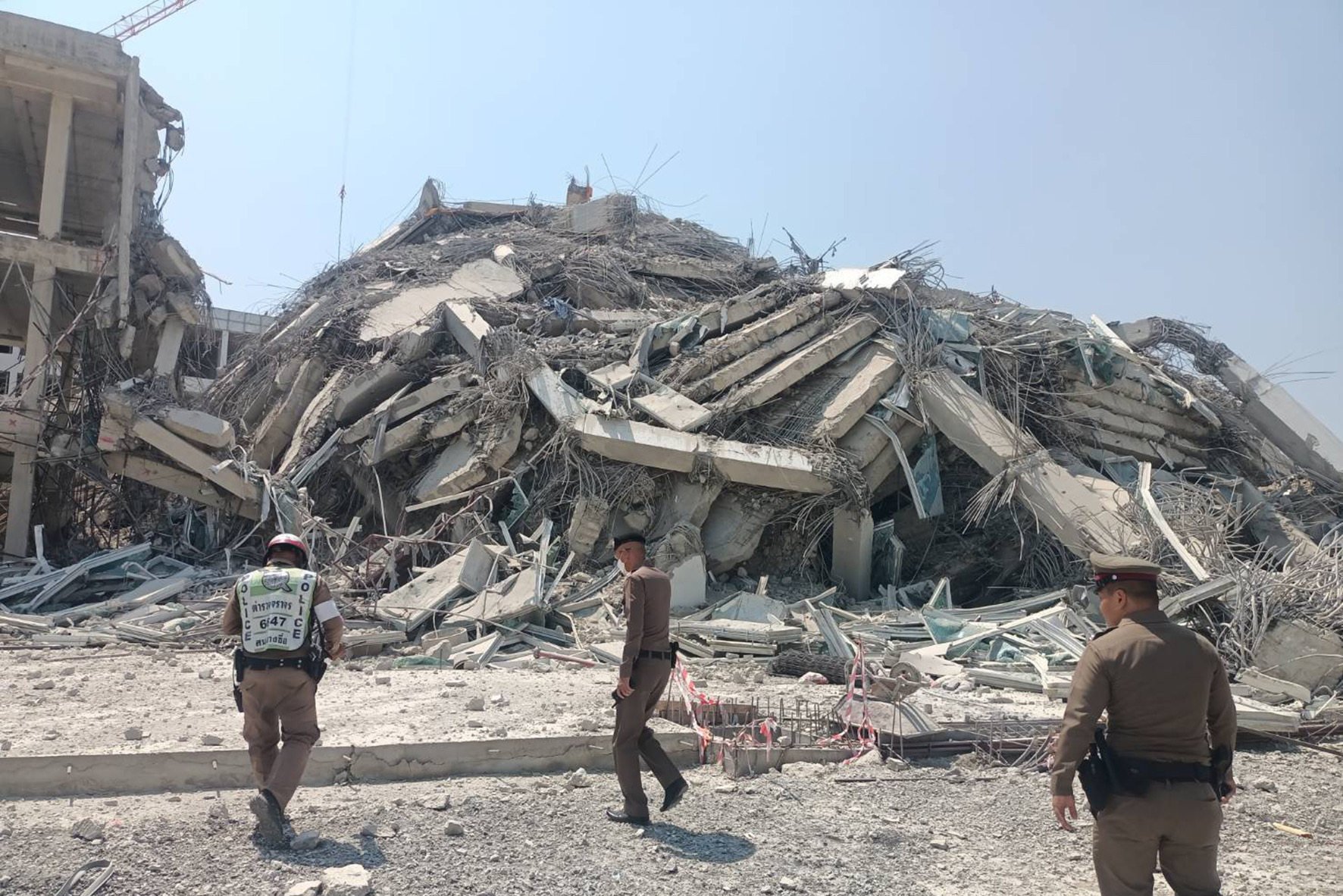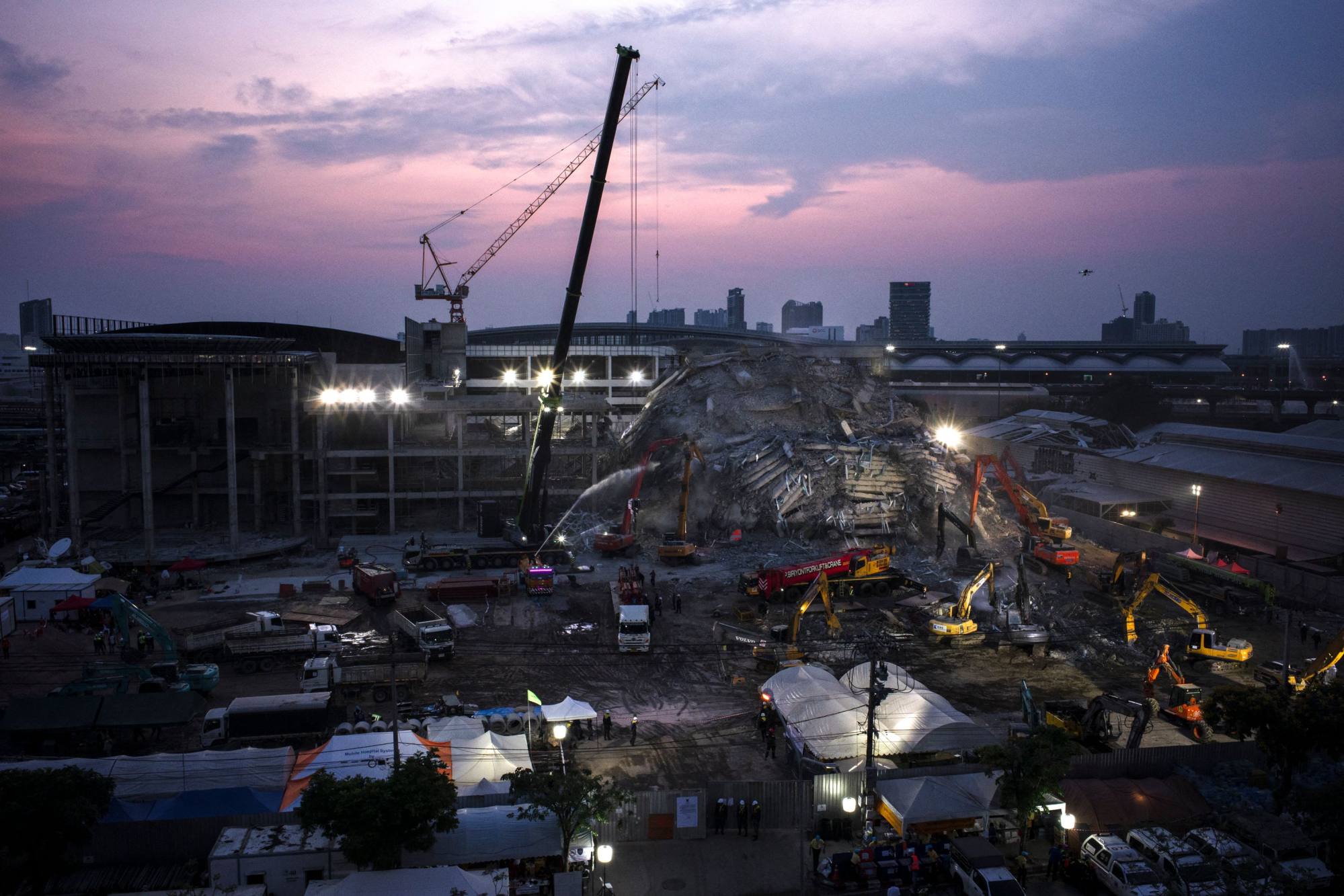Earthquake jitters sway Thailand’s office market, send tenants scrambling for low-rises
Concerns over building safety are adding further pressure to a market that was already grappling with slowing demand

The earthquake that shook Myanmar and Thailand in March has weighed on office property demand in Bangkok, with some tenants now favouring low rises or low floors in skyscrapers, according to CBRE.
Some companies also delayed relocations to ensure the structural soundness of new offices, the property consultancy said in a report on Wednesday.
The Thai capital was shaken by the 7.7 magnitude earthquake, which was centred in to neighbouring Myanmar close to the city of Mandalay, on March 28. A building under construction in Bangkok’s Chatuchak district collapsed, with 89 confirmed fatalities and 72 people still missing as of May 15.
The concerns over building safety are adding further pressure to an office property market that was already grappling with slowing demand. In the first three months of the year, the office vacancy rate rose to 28.1 per cent from 27.8 per cent in the last quarter of 2024, according to Cushman & Wakefield. In the same period, average prime office gross rents fell about 1.2 per cent to 939 baht (US$28.14) per square metre per month.
“Since the earthquake, some companies seeking new office premises have shifted their preference to low-rise buildings or lower floors in high-rise buildings,” said Maneerat Vichitrattana, senior director of office services at CBRE Thailand.
“We are also seeing more companies that are considering relocating from certain older buildings affected by the earthquake. While some office leasing transactions proceeded as planned in the weeks following the earthquake, others have been delayed as companies seek assurances from potential new landlords due to interruptions in some building services.”
Meanwhile, existing tenants have been pressing landlords to conduct thorough checks of building structure to ensure safety according to government standards.
“The quality and clarity of landlord communication have become essential,” Maneerat said. “In the aftermath, landlords were expected to provide timely, clear and concise updates through multiple channels to keep tenants informed and reassured about the actions taken. Landlords are also now expected to implement and distribute clear earthquake protocols as part of the office manual for all tenants.”

Most office buildings in Bangkok proved to be structurally sound and resilient, according to CBRE. However, landlords who communicated clearly with their tenants, provided timely reassurance on building safety and quickly undertook necessary remedial repairs had enhanced their buildings’ standing in the market, it said.
Those who failed to do this could see more tenants leaving their premises.
Flight to quality was another theme among tenants in the first quarter, with aged buildings experiencing occupancy losses, according to CBRE. Landlords of these older buildings had to extend rent-free periods to keep tenants.